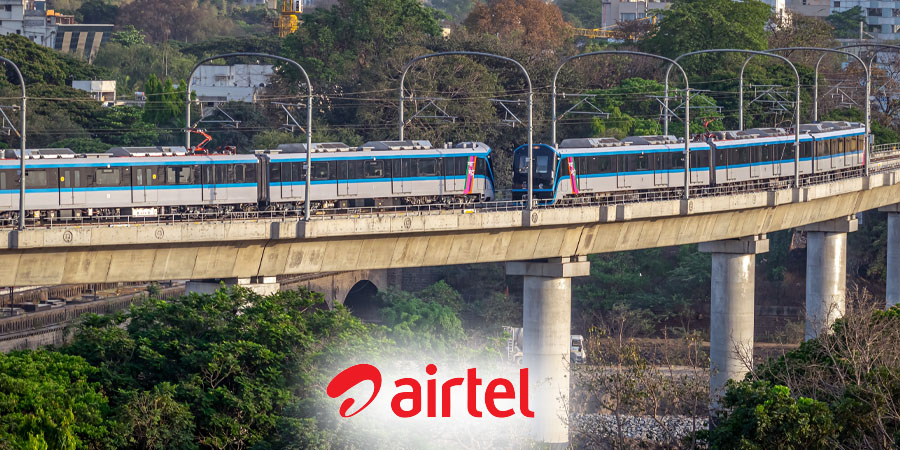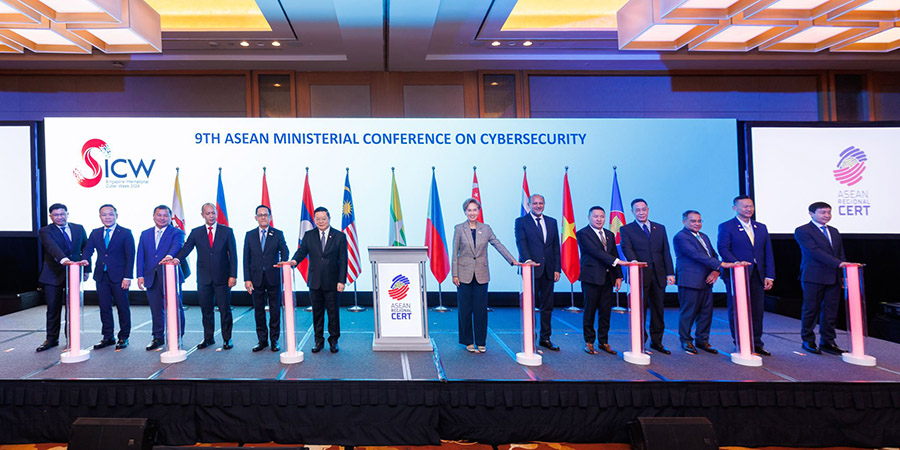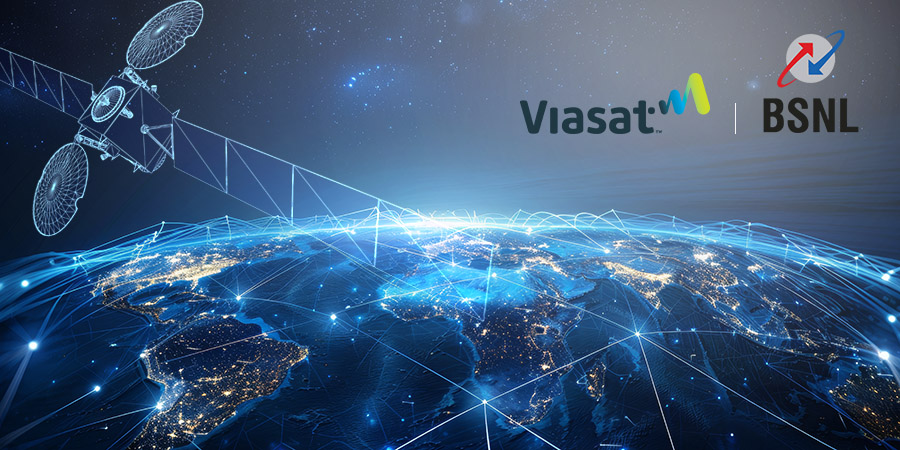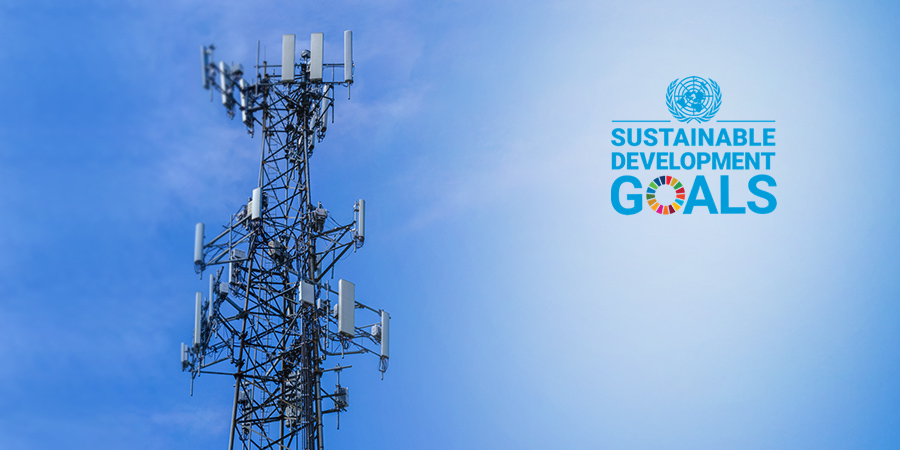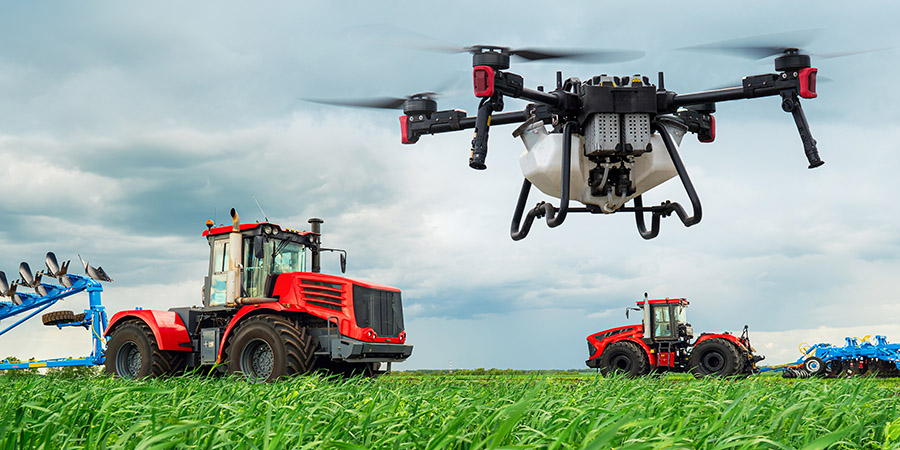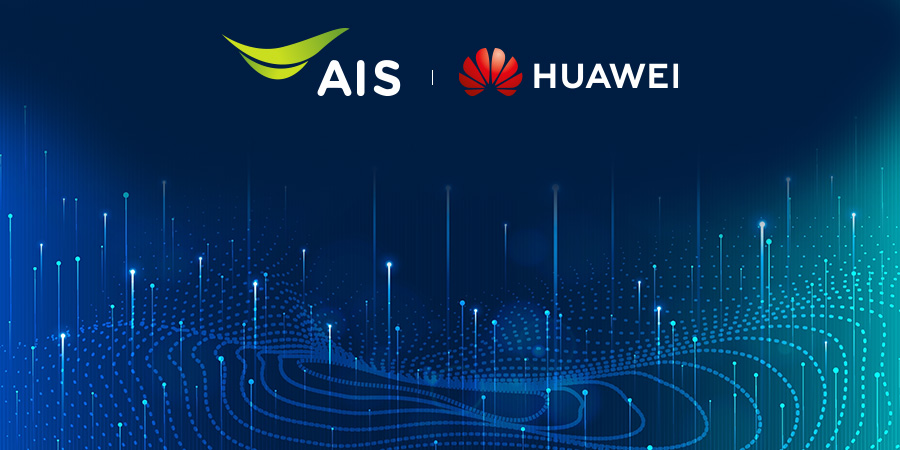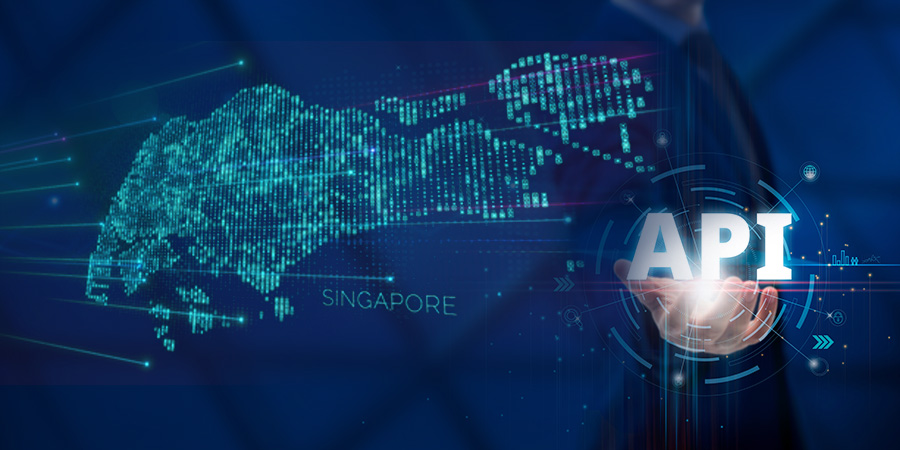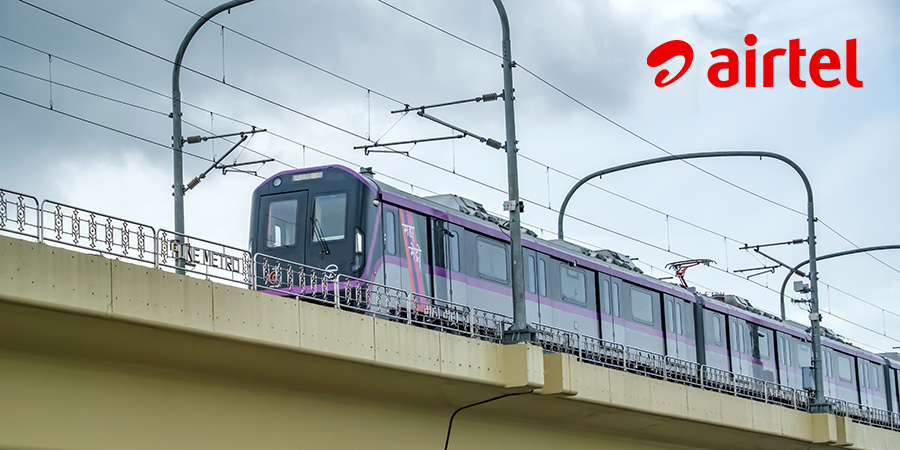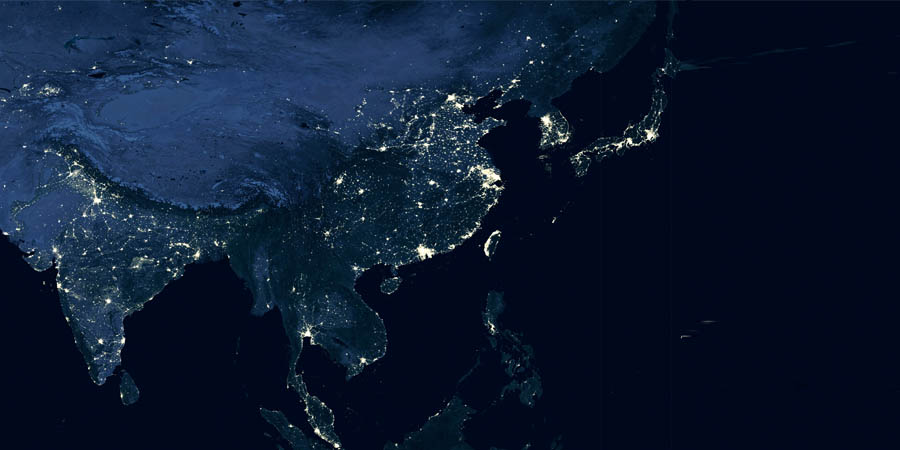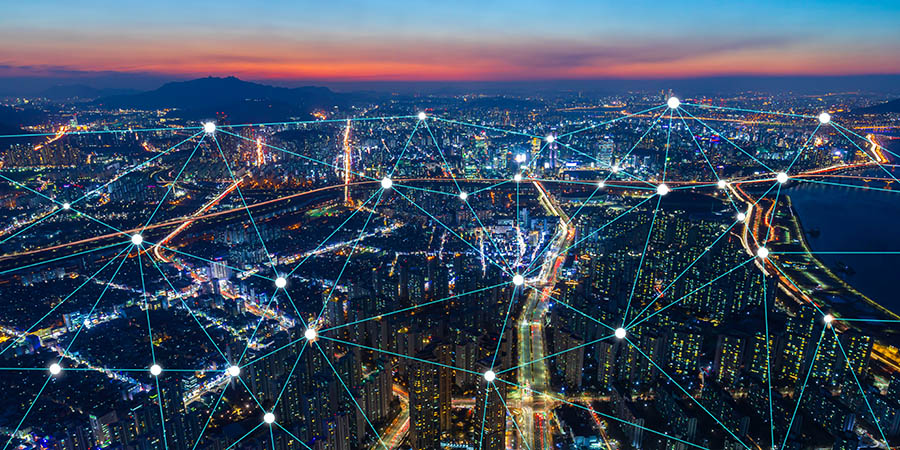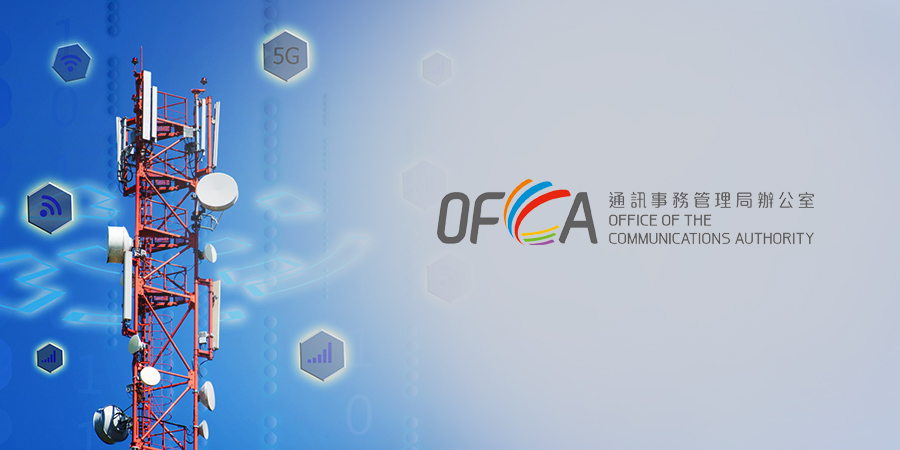Infostellar, a company based in Japan, is planning to set up a network of antennas in the Asia Pacific region to provide ground-segment-as-a-service (GSaaS) to its global clients.
The network, referred to as the APAC ground station network, will be located in Japan, Singapore, Malaysia, Indonesia, Australia, and New Zealand. It is expected to be operational by the second half of 2025.
Latest Technology News: China Unicom Baotou, Huawei Complete New Microwave Solution Trial
The antennas will support various applications such as maritime awareness, Earth observation, and surveillance. Infostellar will use its cloud-based ground station control platform, StellarStation, to schedule and manage services on these new antennas.
StellarStation also offers access to other ground stations around the world, including Viasat RTE (Real-Time Earth) and Amazon Web Services Ground Station (AWS-GS). This service allows satellite operators to rent ground stations instead of building their own infrastructure, making it more accessible for companies with limited resources.
Related: Azercosmos Partners with Satelliteherd for Satellite Ground Station
Infostellar provides telemetry, tracking, and command services to international satellite operators on a per-satellite-contact basis. This means they equip satellite operators with the ability to monitor and control their satellites during specific communication windows, ensuring real-time data collection and management.
Additionally, Infostellar offers a range of technical and regulatory services to support satellite operations. These services include acquiring radio licenses, which are essential for legally transmitting data to and from satellites, and coordinating frequencies to prevent signal interference and ensure smooth communication.
By offering these comprehensive services, Infostellar reduces the barriers to entry for companies in the ground segment of the space industry. This support is particularly valuable for new space businesses, as it allows them to focus on developing innovative missions without the burden of navigating complex regulatory landscapes or investing heavily in ground infrastructure.
As a result, these businesses can improve the quality of their services and enhance their mission outcomes, contributing to the overall growth and advancement of the space industry.
Also Read: Globe Enhances Coverage with Expansion of Cell Site Network
Telecom Review Asia Analysis: From Vision to Reality: Innovations Shaping 5.5G Connectivity



